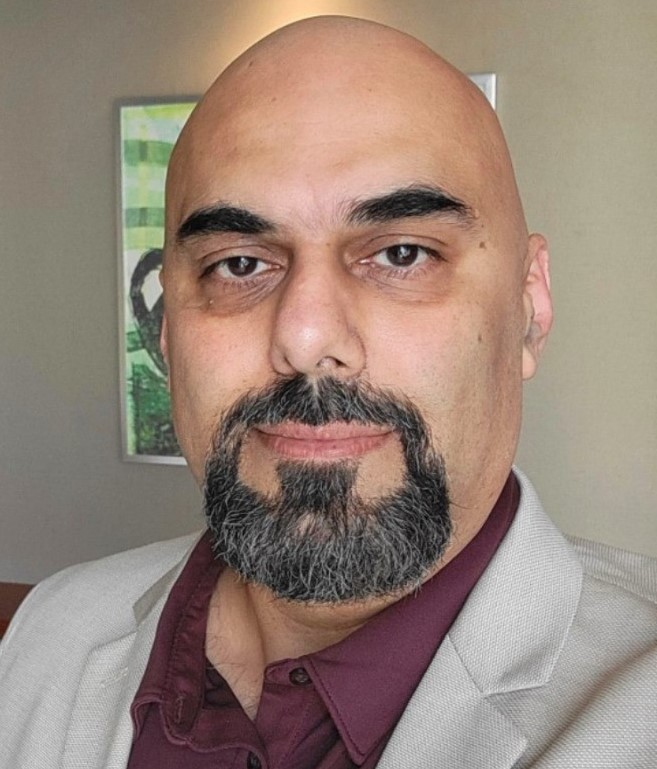
Faisal Shah Khan
Rethinc.Labs Research Fellow, Quantum Information Scientist and Adjunct Professor at SKEMA Business School USA
Faisal Shah Khan is a Mathematical Scientist with an international track record in advancing quantum computing and quantum communication technology across academia, government, and industry. He has been a senior consultant to the Dubai-based multinational DP World and served for 10 years as faculty in the mathematics department and as a principal investigator in the Center on Cyber-Physical Systems of Khalifa University, Abu Dhabi. Dr. Khan has contributed to the scientific community through peer-reviewed publications covering topics such as quantum logic circuits, quantum game theory, and industrial optimization using first-generation quantum computers. He has also been an invited speaker at international conferences including the US National Academies sponsored Arab-American Frontiers Symposium.
Beyond his core interests, he has a strong interest in artificial intelligence and data science and is actively involved in the quantum computing and AI startup ecosystem. He also holds a position as an adjunct Professor at SKEMA Business School USA and is a member of the North Carolina Coalition for Global Competitiveness.
Recent Publications
April 17, 2025
Quantum games, like quantum algorithms, exploit quantum entanglement to establish strong correlations between strategic player actions. This paper introduces quantum game-theoretic models applied to trading and demonstrates their implementation on an ion-trap quantum computer. The results showcase a quantum advantage, previously known only theoretically, realized as higher-paying market Nash equilibria. This advantage could help uncover alpha in trading strategies, defined as excess returns compared to established benchmarks. These findings suggest that quantum computing could significantly influence the development of financial strategies.
January 19, 2024
Adiabatic quantum computing is implemented on specialized hardware using the heuristics of the quantum annealing algorithm. To solve a problem using quantum annealing, the problem requires formatting as a discrete quadratic function without constraints. The problem of finding Nash equilibrium in two-player, non-cooperative games is a two-fold quadratic optimization problem with constraints. This problem was formatted as a single, constrained quadratic optimization in 1964 by Mangasarian and Stone. Here, we show that adding penalty terms to the quadratic function formulation of Nash equilibrium gives a quadratic unconstrained binary optimization (QUBO) formulation of this problem that can be executed on quantum annealers. Three examples are discussed to highlight the success of the formulation, and an overall, time-to-solution (hardware + software processing) speed up by seven to ten times is reported on quantum annealers developed by D-Wave System.
